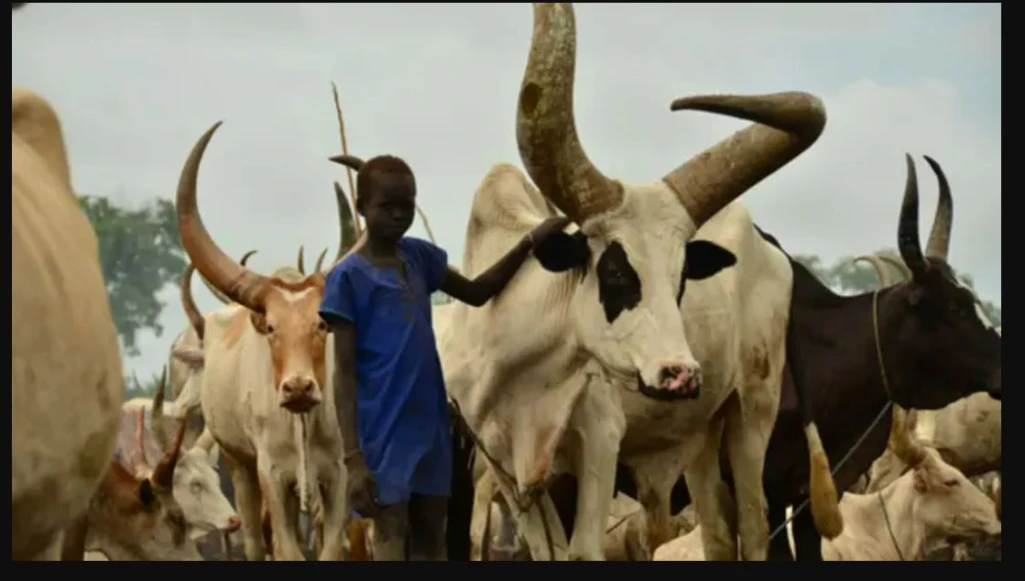
The United Nations Education, Scientific and Cultural Organization (UNESCO) says nearly 3 million children are being held back as cattle keepers across South Sudan.
These children, it said, are not able to go to school due to pastoralism.
Julius Banda, UNESCO Country Representative said the pastoral communities have imposed on their children animal rearing rather than encourage them to go to school.
“In South Sudan, we estimate that there 2.8 million children who don’t go to school. So that is a huge number and we believe it is underestimate; maybe we are talking of 3-4 million who don’t put their feet in a class room,” Banda said.
In 2017, UNICEF said South Sudan has the world’s highest proportion of out-of-school children in the world, with 72 percent of primary-aged children out of school.
Only 48 percent of South Sudan’s youth are literate, according to the World Bank, 2020.
“I am told that the pastoralist communities are more than 60% of the population of South Sudan. Most of the cattle camps don’t have that initiative (education). So it mean their children are not simply going to school or learning.”
It is said some of the out-of-school children living in pastoral communities move with their cattle and are not able to attend regular classes.
UNESCO urged the government and education partners to take learning to the cattle camps to reach pastoralists children.
“The only way for us to reach those children is to bring the learning to them (in cattle camps) and this is not a new phenomenon, other countries have done it with their pastoralist communities and we can do the same here,” Banda asserted.
Banda believes the initiative of taking learning to the cattle camps is feasible as it has been tried in Lakes state and Warrap state by Save the Children and its partners.
“They sit under a tree with facilitators and they learn right there and some of them have done very well. We have been able to reached 5,000 children in 21 cattle camps,” he disclosed.
For his part, the undersecretary of the Ministry of General Education and Instruction, Dr. Kuyok Abol Kuyok acknowledged that there is a growing number of the out-of-school children due to limited accessible to schools in remote areas.
“The new education system is beset by constant problems, these includes the growing number of out-of-school children, hard to reach areas. We have places in South Sudan that have never seen school since colonialism, we also have none existence TVET,” he stated.
Development partners say violence, natural disasters, and financial barriers are some of the issues preventing children and youth from completing their education in South Sudan.